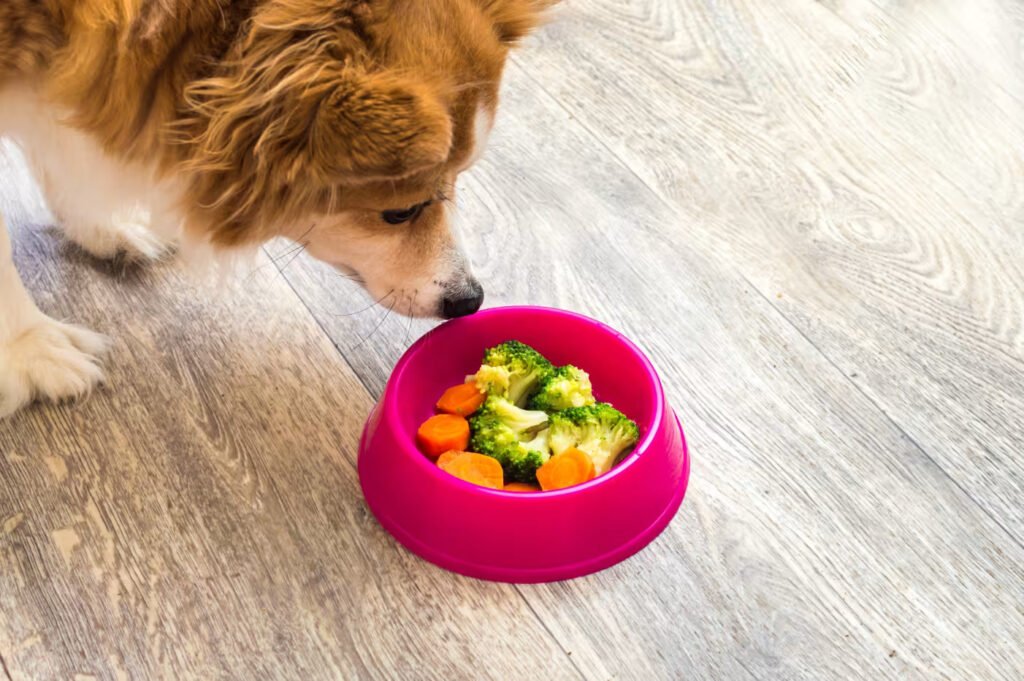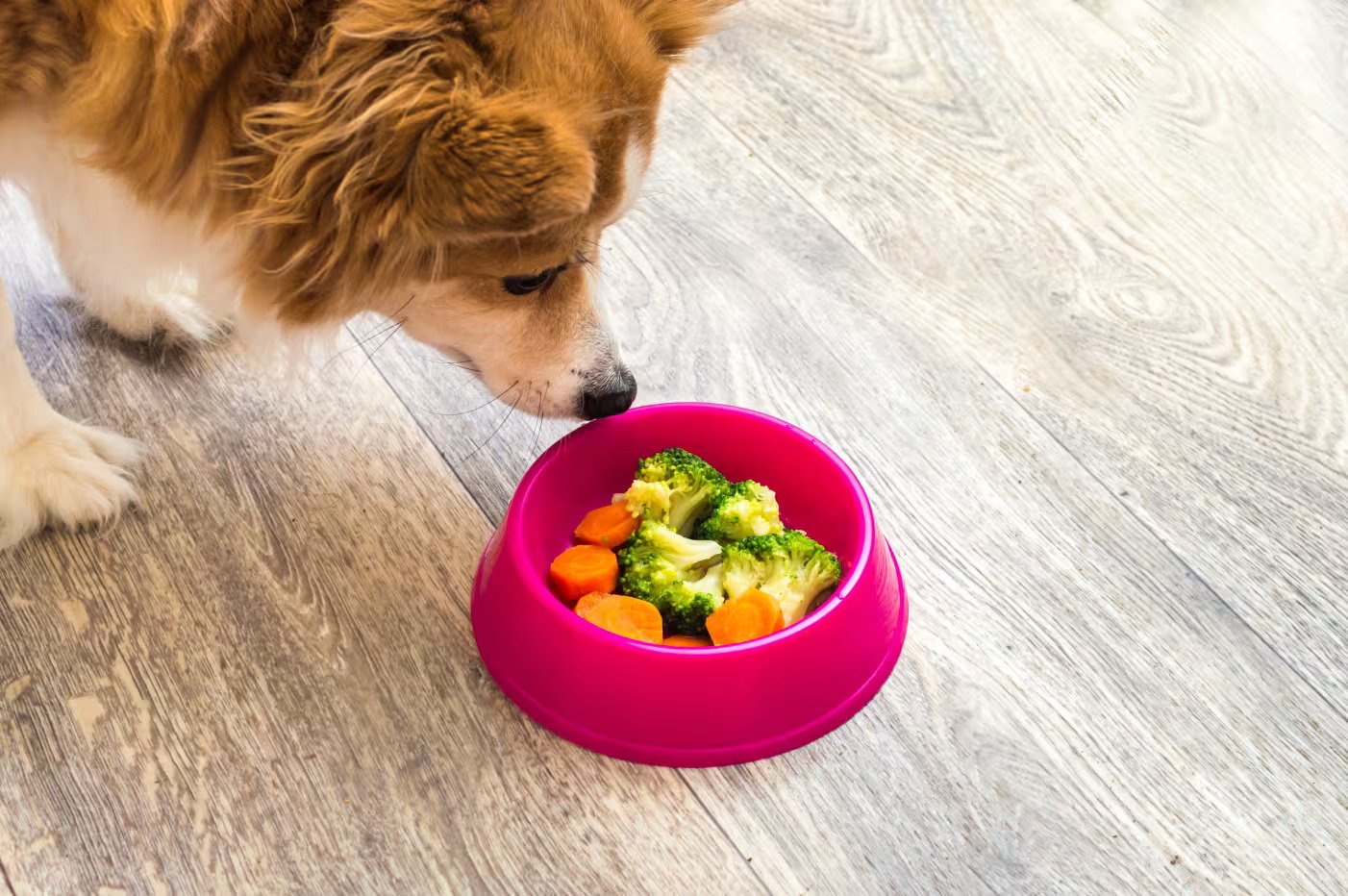The Best Dog Foods for Puppies: Nutrition for Growing Dogs
Nutrition is crucial to developing a puppy that is healthy and content. Because of their quick growth and development, puppies have different nutritional needs than adult dogs. The foundation for your puppy’s long and healthy existence can be laid by choosing the correct dog food. We’ll go over the greatest dog diets for pups in this extensive guide, emphasizing their nutritional advantages and providing links to the best items that can provide your dog with the best start in life.
Understanding Puppy Nutrition
Puppies are energetic little creatures whose bodies and brains develop quickly. Their nutritional requirements differ from those of adult dogs; in order to maintain their growth, they need a balance of nutrients. The first year is crucial for determining your puppy’s health, or up to two years for larger breeds. Issues like weak bones, incorrect muscular growth, and weakened immune function can be avoided with good diet during this time.

Growth Stages and Nutritional Needs
- 0-6 Weeks: Puppies rely solely on their mother’s milk, which provides the perfect balance of nutrients.
- 6-8 Weeks: This is the weaning period where puppies transition from milk to solid food. It’s essential to choose a nutrient-dense puppy formula.
- 8 Weeks to Adulthood: At this stage, puppies require high-protein, high-fat diets to support growth, muscle development, and energy.
Key Nutrients Your Puppy Needs
Understanding the essential nutrients for your puppy is crucial. Here’s a breakdown of what to look for in the best dog food for puppies:
1. Protein
Protein is the building block of muscles, tissues, and cells. Puppies need a diet rich in high-quality protein sources like chicken, beef, fish, and lamb. Aim for at least 22-32% protein in their diet.
2. Fats
Fats are a critical energy source for puppies, supporting brain development and healthy skin and coat. Look for foods with omega-3 and omega-6 fatty acids, particularly DHA (docosahexaenoic acid) for cognitive function.
3. Carbohydrates
Carbohydrates provide the energy your puppy needs to stay active. Whole grains, vegetables, and fruits are excellent sources of carbohydrates, offering essential vitamins, minerals, and fiber.
4. Calcium and Phosphorus
These minerals are essential for strong bones and teeth. An imbalance can lead to skeletal issues, particularly in large-breed puppies. Ensure your chosen puppy food has an optimal calcium-to-phosphorus ratio.
5. Vitamins and Minerals
Vitamins A, E, and B-complex, along with essential minerals like zinc and iron, are necessary for immune support, skin health, and overall development.
6. Probiotics and Prebiotics
These help with digestion and gut health. Look for foods with added probiotics for puppies with sensitive stomachs.
Types of Puppy Foods
Puppy foods come in various forms. Choosing the right type depends on your puppy’s preference, age, and dietary needs.
1. Dry Kibble
Dry kibble is the most common type of puppy food. It’s convenient, affordable, and great for dental health. Look for kibble formulated specifically for puppies.
2. Wet Canned Food
Wet food is highly palatable and hydrates your puppy. It’s usually richer in protein but can be more expensive than dry kibble.
3. Semi-Moist Food
These foods are softer than dry kibble but not as wet as canned food. They’re great for picky eaters but often contain added sugars and preservatives.
4. Raw and Freeze-Dried Food
Raw diets, whether freeze-dried or fresh, can offer high-quality, nutrient-dense options. However, they require careful handling to avoid bacterial contamination.
5. Homemade Puppy Food
If you prefer a more hands-on approach, you can make your puppy’s food at home. However, it’s crucial to ensure a balanced diet to avoid nutritional deficiencies.
Top 10 Best Puppy Foods
1. Blue Buffalo Life Protection Puppy Formula
- Key Ingredients: Deboned chicken, chicken meal, brown rice, oatmeal
- Benefits: Rich in DHA for cognitive development, antioxidants for immune support, and no artificial preservatives.
2. Hill’s Science Diet Puppy Large Breed
- Key Ingredients: Chicken meal, whole grain wheat, corn gluten meal
- Benefits: Balanced calcium levels for controlled bone growth in large breed puppies.
3. Royal Canin Puppy Food
- Key Ingredients: Chicken by-product meal, brown rice, brewers rice
- Benefits: Tailored nutrition for specific breeds and sizes, supporting digestive health.
4. Purina Pro Plan Puppy Chicken & Rice Formula
- Key Ingredients: Chicken, rice, poultry by-product meal, corn gluten meal
- Benefits: Real chicken as the first ingredient, DHA from fish oil for brain development.
5. Wellness Complete Health Puppy Food
- Key Ingredients: Deboned chicken, chicken meal, oatmeal, ground barley
- Benefits: High-quality protein sources, DHA, and antioxidants for overall wellness.
6. Orijen Puppy Dog Food
- Key Ingredients: Free-run chicken and turkey, wild-caught fish
- Benefits: High protein and grain-free, mimicking your puppy’s natural diet.
7. Nutro Ultra Puppy Dry Dog Food
- Key Ingredients: Chicken, chicken meal, whole brown rice, brewers rice
- Benefits: Trio of proteins from chicken, lamb, and salmon, plus superfoods for balanced nutrition.
8. Nature’s Logic Canine Chicken Meal Feast
- Key Ingredients: Chicken meal, millet, chicken fat
- Benefits: Free of synthetic vitamins and minerals, using natural whole foods instead.
9. Merrick Grain-Free Puppy Recipe
- Key Ingredients: Deboned chicken, chicken meal, sweet potatoes
- Benefits: Grain-free with high protein, ideal for puppies with sensitive stomachs.
10. Canidae Pure Puppy Limited Ingredient Diet
- Key Ingredients: Chicken, menhaden fish meal, lentils
- Benefits: Limited ingredients for sensitive puppies, free from fillers and artificial additives.
Puppy Feeding Tips and Guidelines
- Feed by Age and Weight: Always follow feeding guidelines based on your puppy’s age and expected adult weight.
- Regular Feeding Schedule: Puppies need frequent, smaller meals. Ideally, feed them three to four times a day.
- Avoid Overfeeding: While puppies need a lot of nutrients, overfeeding can lead to obesity and developmental issues.
- Transitioning Foods: When switching puppy foods, do so gradually over a week to avoid digestive upsets.
- Fresh Water: Always provide fresh, clean water for your puppy.
Common Puppy Feeding Mistakes
- Feeding Table Scraps: Human food can be too rich and may cause digestive issues.
- Feeding Adult Dog Food: Puppy food is specially formulated with higher protein and fat levels needed for growth.
- Ignoring Breed-Specific Needs: Larger breeds may require controlled calcium levels to prevent joint problems.
Frequently Asked Questions
Q: How long should my puppy eat puppy food?
A: Most puppies can transition to adult dog food around 12-18 months, but large breeds may take up to 24 months.
Q: Can puppies eat grain-free food?
A: Yes, but ensure it meets all nutritional requirements. Grain-free diets may be beneficial for puppies with grain allergies.
Q: What if my puppy is a picky eater?
A: Try mixing wet food with dry kibble or adding a bit of low-sodium chicken broth for flavor.

